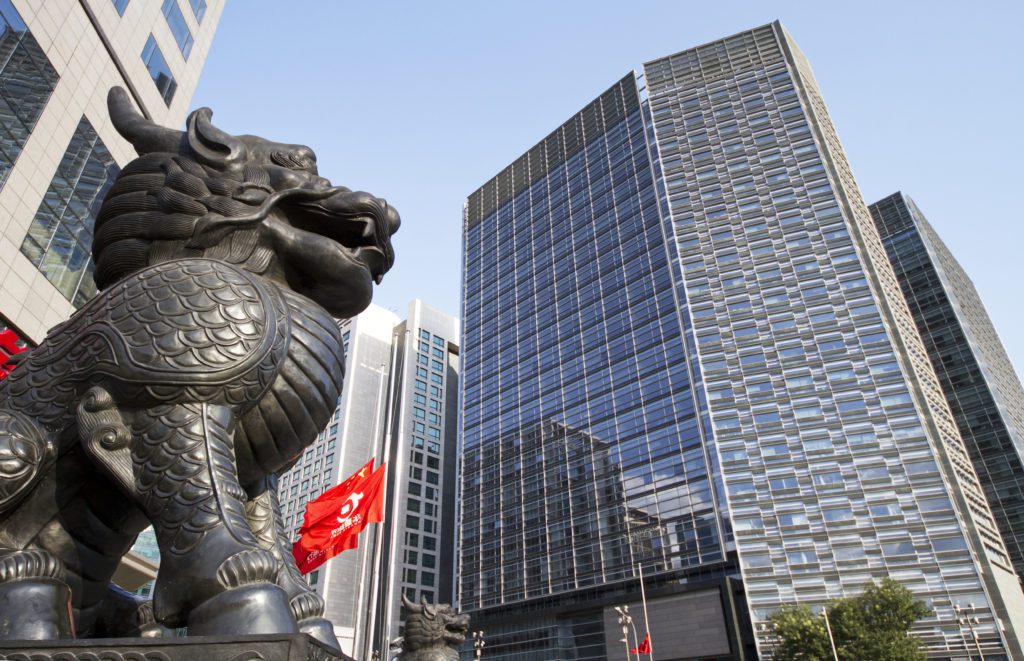
CEOs and boards have thus far reacted (mostly) admirably to the tragedy unfolding in Ukraine (with the predictable exception of multiple French conglomerates). Some combination of a sense of justice, sanctions and public shaming forced companies to fold their tents and leave Russia at great expense and pain.
Investments in Russia were understandably driven by the lure of promising new markets and rich resources. In the search for growth, geographic expansion is a comparatively easy strategy to execute (compared to, say, innovation) and before the invasion of Ukraine, many multinationals experienced success in Russia.
But those plans and investments have now curdled and leaders operating in Russia have been left with a no-win situation: in the short-term, adherence to sanctions brings loss of revenue and profits as well as the destruction of teams and capabilities that were carefully built over years and decades. In the long-term—and it could be very long—Russian consumers will likely punish brands that abandoned their “Motherland” during this crisis, to say nothing of potential asset seizures by the Russian government. The value destruction is sizable and will get worse.
In the world of scenario planning, ambiguity reigns supreme as the future is notoriously hard to predict. Nassim Nicholas Taleb’s breakthrough best-seller on risk, The Black Swan, explains why: humans are frequently blind to high deviation events because of the limits of our personal experiences (all known swans were white until the discovery of black swans in Australia).
In retrospect, the stew of ingredients that went into the conflict in Ukraine now seems wholly predictive: the all-powerful dictator of a country with a proud history exploiting nationalism through visions of restored imperial glory; the creation of a cult of personality around an isolated and insulated leader; a corrupt political and economic system that rewards absolute loyalty to the leader; direct threats to a smaller neighbor under flimsy claims of reunification and liberation; a demonstrated willingness to suppress ethnic minorities; the brutal elimination of domestic political opposition and criticism; the destruction of an independent press; actual and de facto state control of critical industries and companies; and the freedom to act geopolitically with near impunity under an umbrella of nuclear weapons.
No Surprises
Every one of these same ingredients exist in China today, with one caveat: When it comes to China, the stakes and the risks are far larger—and so is the complexity. It’s one thing to pull out of a flailing petrostate with an economy about the size of Texas’s—in most cases, you can do that in a week without impairing your company’s ability to survive. It’s another to figure a decoupling strategy for the world’s largest high-growth market, the “factory to the world.” That’s going to take more time and imagination. And that’s why it is imperative that CEOs and Boards start thinking through how they’d potentially navigate a post-China environment sooner than later—if you haven’t already. Anything else would be negligent toward your employees, communities, clients and investors.
It is naïve to downplay the importance of the meeting held just 20 days prior to the invasion between strongmen Putin and Xi. Though the meeting specifics were kept secret, it would not be unreasonable to assume that the dictators—united by the threat by democracy to their power—vowed to support one another diplomatically, politically, militarily and economically in their respective regions of influence, beginning with the capture of Ukraine for Russia and Taiwan for China.
It’s never a bad idea to take totalitarians at their word: They tend to telegraph their intentions clearly. And when it comes to Putin and Xi, their official public statement following the meeting laid out a new relationship with “no limits” and a strategic shift “that has far-reaching impact on both China and Russia and the world, and will not waiver in the past, present and future.” The communique also said the two leaders would “strongly support each other in safeguarding sovereignty, security and development interests [and] effectively deal with external interference and regional security threats.”
Long before Russia’s invasion of Ukraine, total losses for corporate investments in emerging markets were always a part of the risk—and potential reward. The downside of emerging market investments among CEOs and Boards largely meant unachieved growth, a forgivable error that was well compensated with commensurate returns for success. So it is with Russia.
But China is hardly an emerging market, and what’s at risk right now is very different than it was even five years ago. What was once unthinkable—China feeling powerful enough to try a “go-without-the-West” strategy, risking it all through a military maneuver that upends the current status quo—no longer seems impossible, even with Russia’s quagmire. You would be wise to process the impact of the new precedent of Ukraine’s invasion, and every other warning signal.
History teaches us, and Ukraine reminds us, that authoritarian countries, lacking checks and balances, public squares and passionate feuds—are inherently weak, unstable and unpredictable, afraid of their people and prone to doing unpredictable, illogical things.
The best you can do? Let Russia remind you of what could happen in China. Start now.







